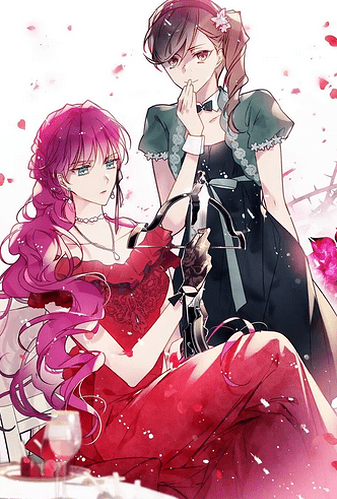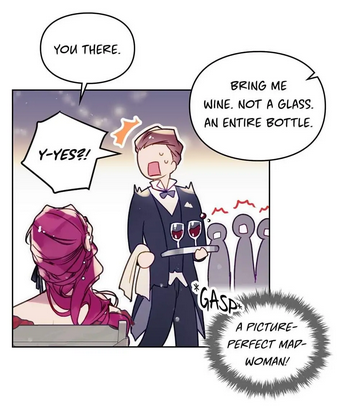In 1905, when seventy-year-old Mark Twain began to collect a bevy of adolescent girls, whom he called his “angel-fish,” he defended his predilection by insisting that he longed for grandchildren. His own daughters were grown—his favorite, Susy, was dead by then—and he was lonely. But grandfathers can have grandsons as well as granddaughters, and Twain, the creator of one of literature’s most famous adolescents, surely celebrated boys’ cheeky energy. There was more, then, to his strange sorority than an elderly man’s yearning for grandchildren, more even than nostalgia for his daughters’ childhoods. “As for me,” Twain wrote at the age of seventy-three, “I collect pets: young girls—girls from ten to sixteen years old; girls who are pretty and sweet and naive and innocent—dear young creatures to whom life is a perfect joy and to whom it has brought no wounds, no bitterness, and few tears.”
Innocent they were, but not as naive as he seemed to think. Certainly they knew that he was a celebrity: that was how it started, when fifteen-year-old Gertrude Natkin saw him leaving Carnegie Hall on December 27, 1905, after a matinee song recital by the German soprano Madame Johanna Gadski. Twain, after all, was instantly recognizable, even before he decided to wear only white. He noticed her, to be sure, saw that she wanted to speak to him, introduced himself and shook her hand. The next day, she wrote to thank him: “I am very glad I can go up and speak to you now … as I think we know each other.” Describing herself as his “obedient child,” she ended her note, “I am the little girl who loves you.” He responded immediately, calling himself Gertrude’s “oldest & latest conquest.” Their correspondence was playfully flirtatious: he called her his “little witch”; she called him “darling.” He sent her a copy of his favorite book, the writings of “a bewitching little scamp” named Marjorie, who had died just short of her ninth birthday, in Scotland in 1811. “I have adored Marjorie for six-and-thirty years,” he confessed in an essay. The child, who confided startlingly sophisticated remarks about books, history and religion in her journal, seemed to him “made out of thunderstorms and sunshine“: “how impulsive she was, how sudden, how tempestuous, how tender, how loving, how sweet, how loyal, how rebellious … how innocently bad, how natively good,” he exclaimed. “May I be your little ‘Marjorie’?” Gertrude asked coyly. That is how Twain addressed her, in letters filled with what the two called “blots,” or kisses—until 1906, when he was taken aback by her turning sixteen. “I am almost afraid to send a blot, but I venture it. Bless your heart it comes within an ace of being improper! Now back you go to 14!—then there’s no impropriety.” Their correspondence ended, and Twain set his sights on younger girls.
Buoyed by Gertrude’s effusive declarations of love, Twain discovered that it was easy to find other young admirers, primarily from among his fellow passengers on holiday trips to Bermuda. By 1908, he had collected ten schoolgirls, dubbed them his “angel-fish,” and awarded them membership in his Aquarium Club. In Bermuda, he had special shimmering enamel lapel pins designed for them to wear on their left breast, above the heart. In the spring and summer of 1908, one biographer notes, Twain’s letters to his angelfish comprised more than half of his correspondence: one letter sent or received every day. Many contained invitations to the girls to visit him in his palatial house in Redding, Connecticut, which he named Innocence at Home. “I have built this house largely, indeed almost chiefly, for the comfort & accommodation of the Aquarium,” Twain announced in a mock-serious document that he sent to his angelfish, containing the rules and regulations of the club. The lair of the angelfish was his Billiard Room.
![]()



